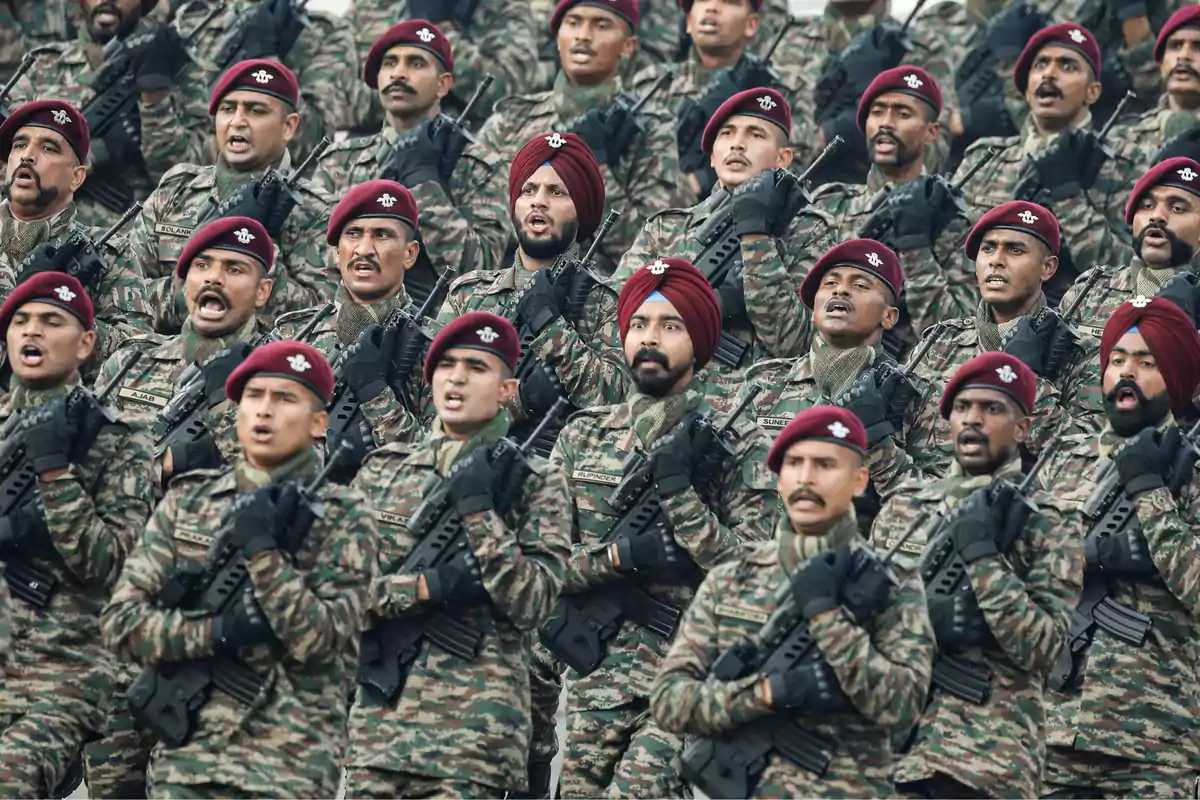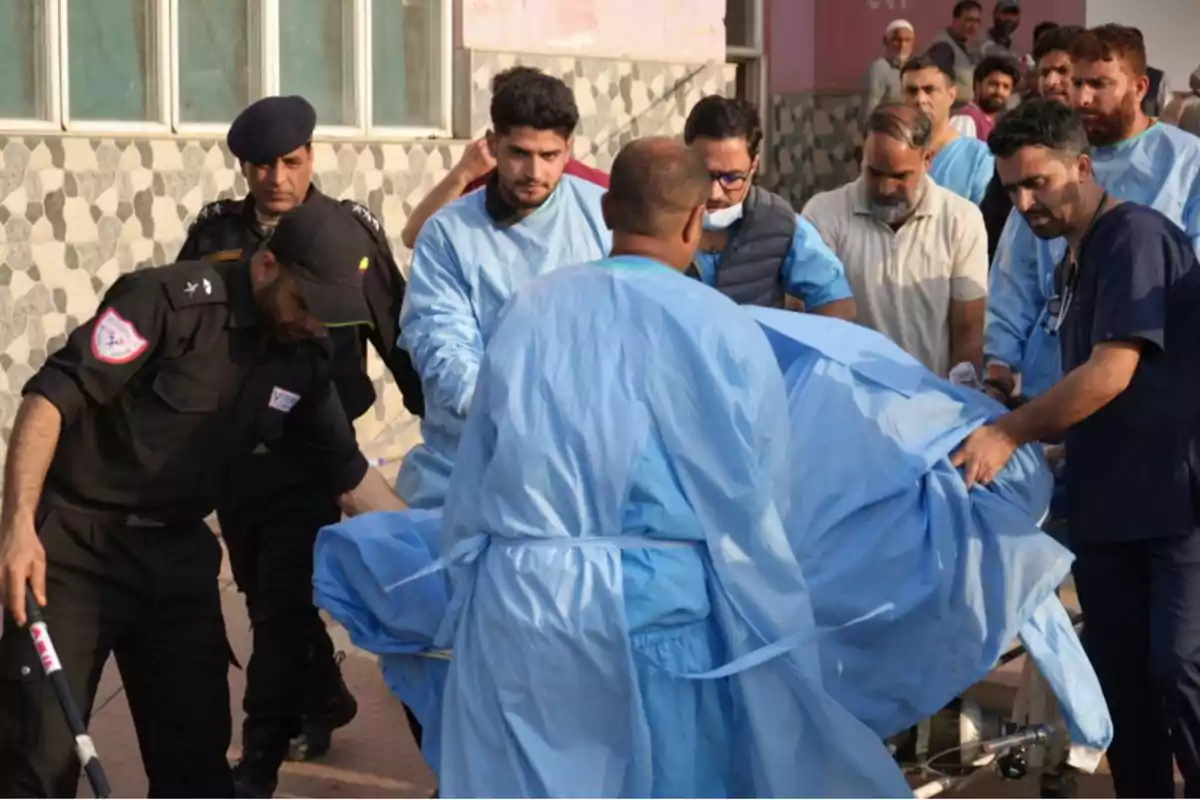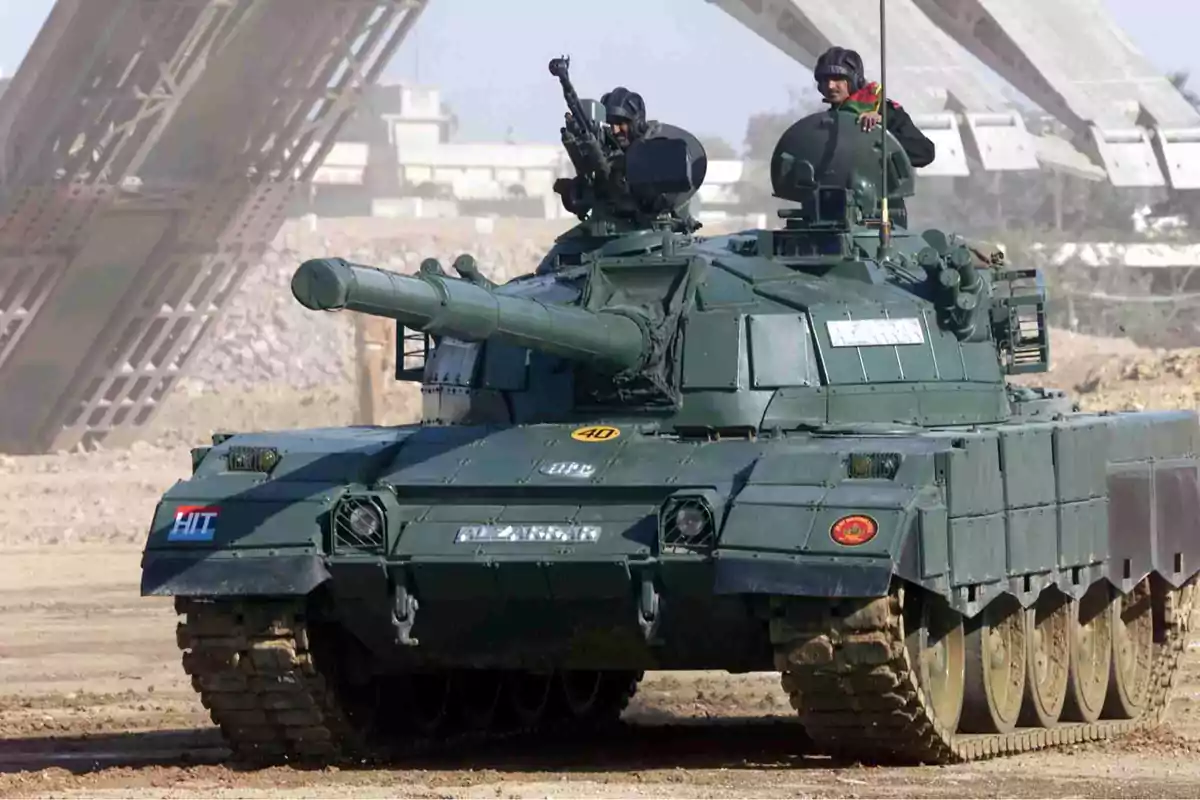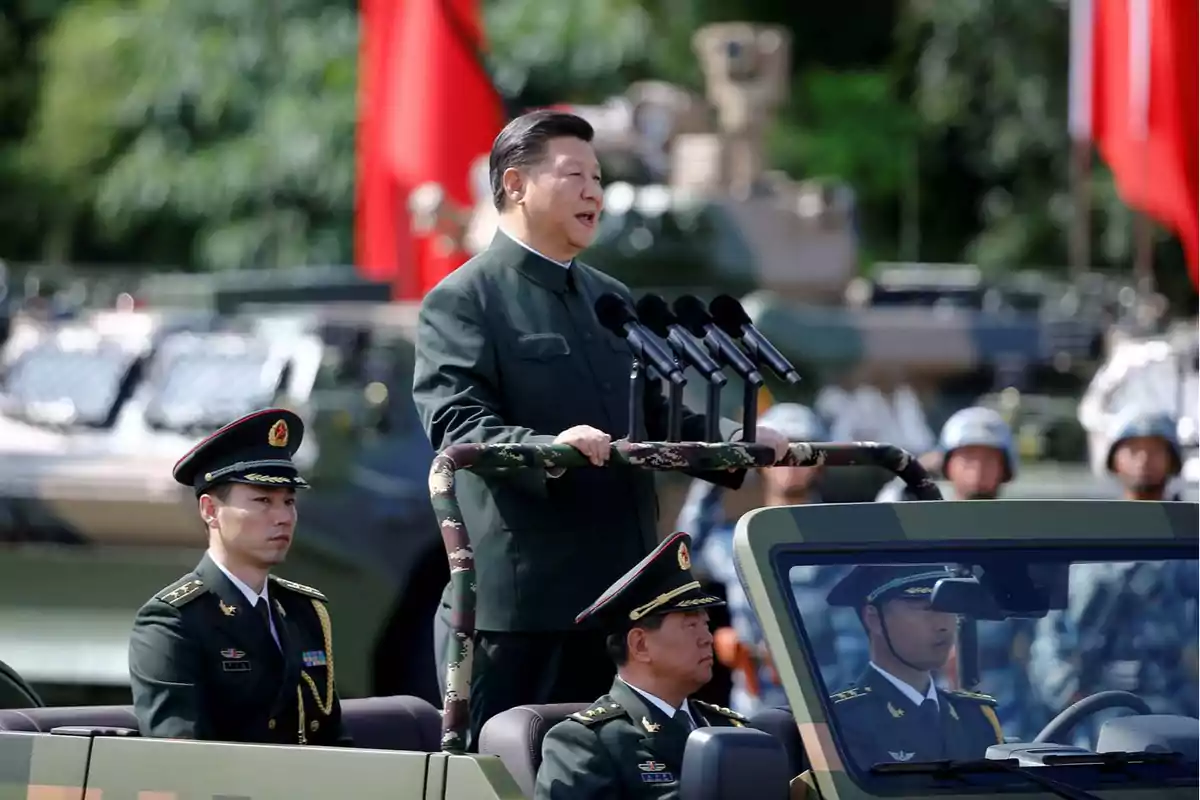
The situation between India and Pakistan heats up after border clashes
The armed forces of India and Pakistan were involved in armed clashes last night, escalating tensions
The tensions between India and Pakistan have reached a new peak after a deadly attack in Kashmir on Tuesday, in which 26 tourists were killed. Indian Prime Minister Narendra Modipromised that those responsible will be pursued "to the ends of the Earth."
India attributed the attack to activists with cross-border links and directly accused Pakistan of supporting the attack, which Islamabad strongly denied.
The militant group "Kashmir Resistance" claimed responsibility for the attack, although a direct link with the Pakistani government has not been proven. However, India labeled the incident as a terrorist attack and took a series of diplomatic retaliatory measures.

These included the suspension of the water-sharing treaty between the two countries, which had been in place for decades, the closure of the only functional land crossing, and the reduction of Pakistani diplomatic staff in New Delhi.
Additionally, India announced the revocation of all visas issued to Pakistani citizens, a measure that will take effect this Sunday. In response, Pakistan canceled visas for Indian citizens, closed its airspace to Indian-owned airlines, and suspended all bilateral trade, even that conducted through third countries.
The conflict also moved to the military level. Indian and Pakistani troops exchanged fire on the highly militarized border they share in the Kashmir region.
According to Indian authorities, Pakistani soldiers fired at an Indian position on Thursday night, prompting an immediate response from Indian forces. No casualties were reported. Meanwhile, Pakistan did not issue official comments on the shooting.
Se calienta la situación entre India y Pakistán tras enfrentamientos en la frontera
After the incident between the two powers occurred throughout the early morning, Pakistan's army began mobilizing dozens of military equipment to the border with India. These equipment include the presence of tanks, artillery, and weapons systems.
The situation has caused international concern, especially as it involves two nuclear powers. The United Nations urged both countries to act with "maximum restraint" to avoid further escalation of the conflict.
In a statement issued on Friday, the international body emphasized that "any differences between India and Pakistan must be solved peacefully, through meaningful and mutual dialogue."

Pakistan warned that any attempt by India to divert or disrupt the shared water flow will be considered an "act of war", promising to respond with "full force across the entire spectrum of national power."
The conflict in Kashmir, a region disputed by both countries since their independence in 1947, has been the focus of numerous border skirmishes and three wars. The recent violence revives fears of a new large-scale armed conflict between India and Pakistan, which has put the international community on alert.
After the exchange of fire on the Kashmir border between the two powers, Indian Prime Minister Modi, as well as the opposition in his country, reached an agreement in which they support taking direct measures against Pakistan.
On the other hand, not only are these two countries at the brink of an imminent war, as China has recently announced the mobilization of its armed forces to the border with India, showing clear support for Pakistan.

More posts: